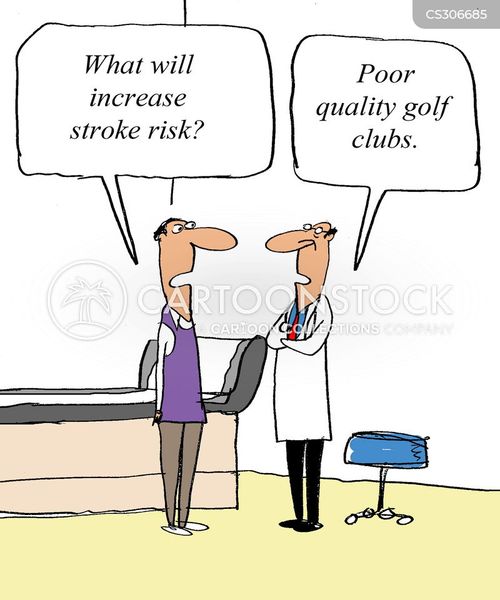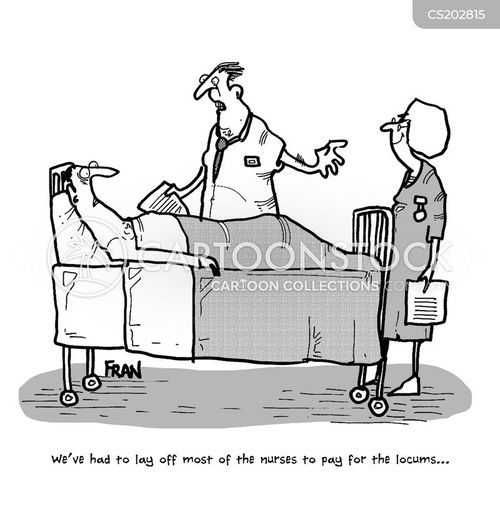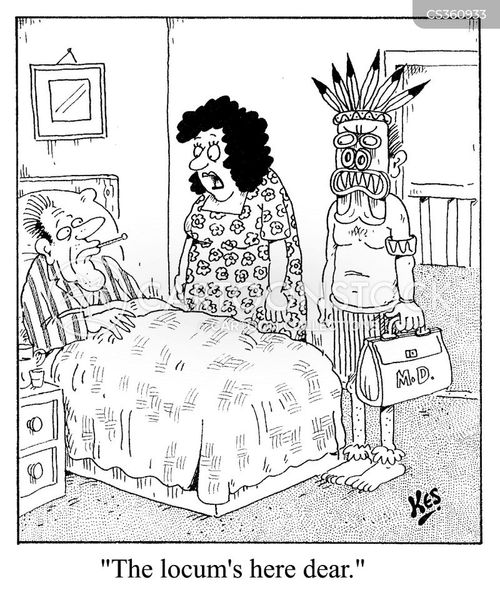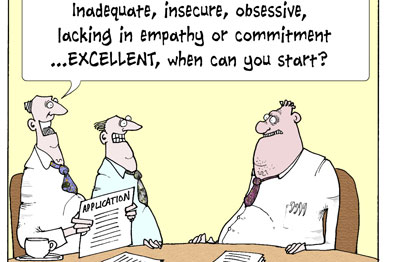The Observer Editorial on Sunday 22nd October 2017: – Rationing care to smokers and the obese will not solve its financial crisis
Since June last year, Brexit has dominated the government’s agenda, absorbed the bulk of ministers’ energy and been the focus of civil servants in Whitehall. This state of affairs will continue for at least the next few years. Yet from the welfare state, to prisons, to our schools and hospitals, there is mounting evidence that a state that first started to founder seven years ago, is now running aground.
Last week, this was most visible in the planned expansion of universal credit. For months, MPs and charities have warned that the minimum six-week delay before claimants can receive their first payment will cause low-income families to fall into debt – leading to evictions, homelessness and destitution.
The government is still pushing ahead, despite being so uncertain of quashing a parliamentary motion calling for a pause that it imposed a three-line whip on Conservative MPs, instructing them to abstain.
But it’s not just the benefits system: it’s every part of the state that is creaking at the seams. Last week, the BBC released a new NHS tracker that highlights just how much hospitals are struggling to cope with rising demand. Only one NHS trust in the country has managed to consistently meet the national targets for accident and emergency, cancer and routine operation waiting times over the last year. In England, the NHS hit these monthly targets 86% of the time four years ago; over the last year, none at all.
This is just the latest in a series of alarm bells that the NHS, currently experiencing the tightest financial settlement in its 69-year history, is stretched to breaking point. The last 12 months have been filled with stories of missed targets, deteriorating care and growing deficits. Given this constant drip of warnings, it’s easy to become immune to the latest signal that something is very amiss.
That would be a mistake. The NHS is slowly but surely becoming less national, and less universal. It was founded on the principle of free care at the point of delivery to anyone in need, regardless of circumstance. In truth, its resources have never been infinite, and so the rationing of care and postcode lotteries have always, to some extent, been an everyday reality. But as its funding is becoming more and more stretched, we are seeing a financially driven, under-the-radar scaling back of treatment that increasingly undermines that founding principle that is so cherished.
For months, doctors have been warning about increased rationing in the NHS by arbitrary or inappropriate criteria. A year ago, the Royal College of Surgeons found that more than one in three NHS commissioning groups were denying or delaying routine surgery such as hip and knee replacements to the overweight and smokers until they lost weight or stopped smoking. Since then, more have adopted these types of restrictions.
Last week, the Health Services Journal revealed that health commissioners in Hertfordshire will deny non-urgent surgery to smokers unless they pass a breathalyser test to show they have not smoked for the last eight weeks. Other areas are inappropriately using pain threshold scales – not designed for this purpose – to limit non-urgent surgery to people experiencing only debilitating pain. In February, health commissioners in West Kent suspended all non-urgent surgery altogether until the start of the new financial year in April.
For some patients, particularly the very obese, there may be good clinical reasons to delay surgery until they have lost weight. But these restrictions are not being imposed on clinical grounds, in the best interests of an individual patient. They are often blanket restrictions that contravene the official guidelines of Nice, the health regulator.
There is no evidence to suggest that denying surgery to those who smoke or who are obese is an effective way to encourage them to change their lifestyle. On the contrary, it can leave people in greater pain and with greater risks to their long-term health due to immobility. While NHS England has warned commissioners against restricting access to non-urgent procedures based on arbitrary criteria, one of its senior directors, in a leaked letter to commissioners in Rotherham, appeared to back this approach.
These sorts of restrictions are not only cruel and inhumane, leaving people in pain sometimes for months before they are operated on, they end up costing the NHS more in the long term. Leaving conditions to get worse before treating them not only can carry health risks, but also means patients need pain medication and physiotherapy for longer.
What makes so-called “lifestyle rationing” particularly insidious is there is a pronounced social gradient for both obesity and smoking. The link between poverty and childhood obesity has only got stronger over the last decade; children living in the poorest areas of the country are twice as likely to be obese as those living in the most affluent. The prevalence of smoking is similarly linked to income and social class. Rationing treatment to smokers and the overweight will inevitably mean that it is those who are poorest who have their access most impeded.
This is one of the serious consequences of the NHS deficit, which stood at just under £4bn in the last financial year in England, and will be even higher next year. Everywhere you look in the NHS, there are others. This Friday, a report by the Care Quality Commission will warn that children with mental health issues are having to wait up to 18 months for treatment, putting their health at serious risk.
Ward staff are becoming increasingly stretched due to a shortage of nurses, compromising the quality of care. The independent health thinktank, the King’s Fund, has warned that health trusts across the country are planning on cutting too many beds from hospitals in their areas, further restricting capacity in a system whose average bed occupancy was 92% between January and March this year – far above the safe level of 85%.
The NHS is far from perfect: the terrible quality of care once on offer at Mid Staffs is testament to that. But it has been declared one of the best health systems internationally, despite spending much less per head than many other wealthy countries. That is being jeopardised by the government’s sustained underfunding.
There are difficult choices the government should be making in the forthcoming budget to alleviate the pressure on public services from hospitals, to prisons. At the very least, it should abandon all further planned tax cuts, and divert the savings to patching up some of the damage that has already been done. But the risk is that just as Brexit will continue to dominate the political debate in the years to come, so it will frame the economic decisions that will shape the health of our public services over the next decade.
Things are bad, but the depressing truth is, the worst could yet be to come.















